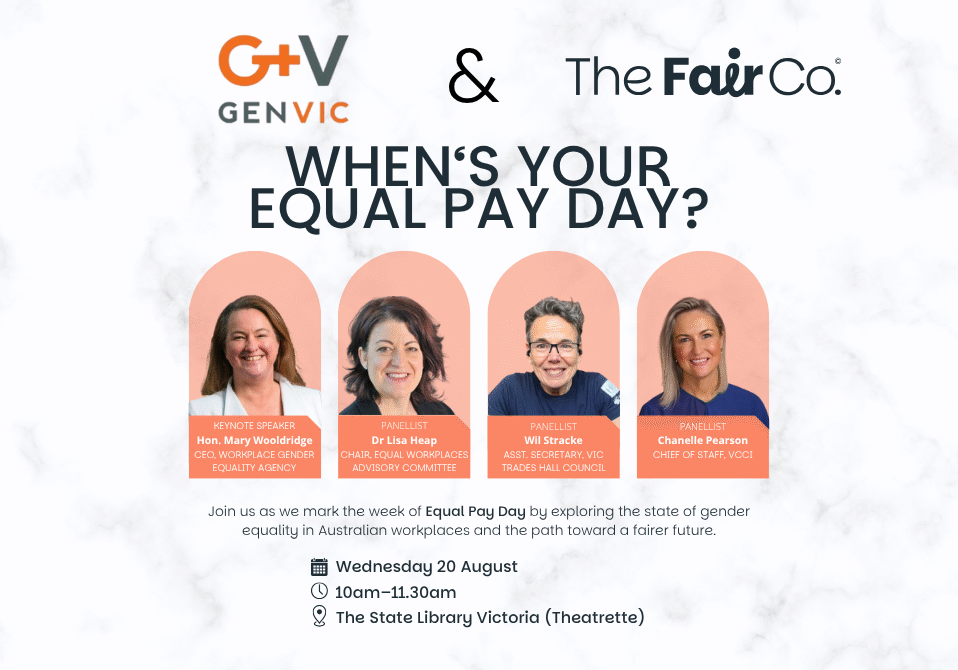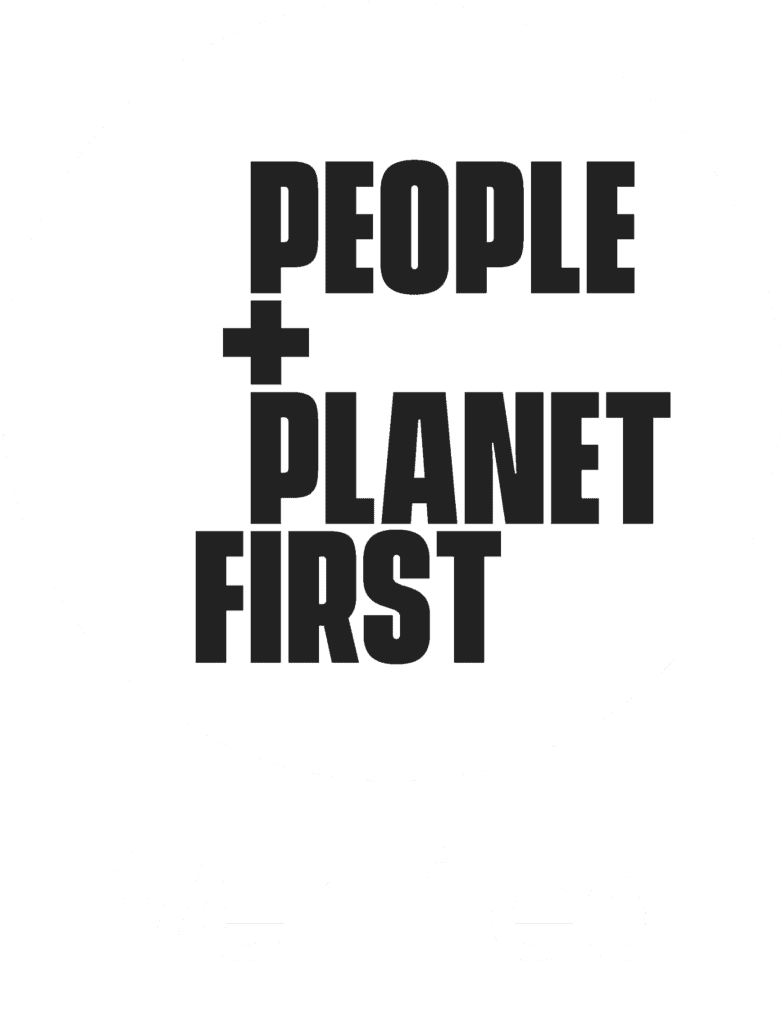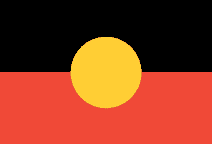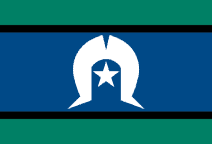Why Equal Pay Day matters
It’s 2025 and Australian women still earn less than men.
Not just in theory. In dollars.
On average, women need to work 50 extra days to match the annual pay of their male counterparts. That’s seven full weeks.
This year, Equal Pay Day falls on 19 August, but it’s more than just a date on the calendar. It marks a gap that has real consequences. It shapes the choices women make about their careers, how they manage their lives, and their ability to build long-term financial security. It adds up, year after year — in superannuation, in housing, in opportunity, in the choices available to them.
The pay gap persists across nearly every industry and role, and the drivers are deeply embedded in the way our systems operate, from how we define leadership to how we reward different types of work.
It’s not purely a workplace issue. Shaped by history, policy, unpaid care expectations and the persistent undervaluing of women’s labour, the gap remains a fault line in our economy. Closing it will take more than goodwill. It demands accountability, transparency, and a shift in how fairness is built into the foundations of work.
That’s why we’re teaming up with Gender Equity Victoria (GEN VIC) to co-host a live panel event: When’s Your Equal Pay Day?
Together, we’ll spotlight not just the facts behind the gap, but the forces that keep it open. And the action we can take to close it.
Why this conversation, and why now?
At The Fair Co., we’re in the business of making inclusion count. Literally. Our work helps organisations understand and improve how they hire, support, promote and retain diverse people.
Real change takes more than measurement, it takes momentum. Equal Pay Day is an opportunity to shine a light and lean in on an issue that should not be ignored.
The Workplace Gender Equality Agency (WGEA) has made it easier than ever for employers to understand how they compare, through publicly available data.
Check it out how your organisation is doing here: WGEA’s Equal Pay Day Calculator
It’s a major step forward for transparency, but data alone isn’t the solution
That’s why we’re bringing together voices from policy, business and advocacy to share insights and challenge assumptions.
Who you’ll hear from
Our keynote speaker, Mary Wooldridge, CEO of WGEA, will unpack what the data tells us…and what needs to happen next:
“Even today in Australia, women work more than 7 extra weeks – 50 days – to be paid the same, on average, as men. Progress relies on all Australians getting informed about how their employer measures up.”
Chanelle Pearson, Chief of Staff at the Victorian Chamber of Commerce and Industry, will also join the panel. Her focus? Ensuring the next generation of leaders don’t face the same barriers.
“Our economy and society benefit from increasing the proportion of women in senior leadership positions.
It’s up to all of us to provide the platforms and environment to inspire and empower the next generation of female leaders to reach their career goals.”
Dr Lisa Heap, Chair of the Victorian Government’s Equal Workplace Advisory Council (EWAC), brings deep insight into how employers frame and respond to inequality, and why that matters.
“How organisations represent the problem of gender pay inequality is critical to whether they will be successful in eliminating gender pay gaps.
Organisations need to be prepared to tackle the systemic, structural, cultural and behavioural barriers to gender equity.”
We’ll also hear from Wil Stracke of the Victorian Trades Hall Council, speaking to the challenges that remain for women in low-paid, insecure or undervalued roles.
Join the conversation
If you’re serious about building a fairer workplace, and a fairer economy, this is your chance to be part of the conversation. Whether you’re in HR or policy, on a leadership team, a business owner, or simply curious to learn more, we hope you’ll join us.
When’s Your Equal Pay Day?
📆Tuesday 20 August
🕙10 – 11.30am
📍State Library of Victoria
Register now. Because fair pay is everyone’s business.





